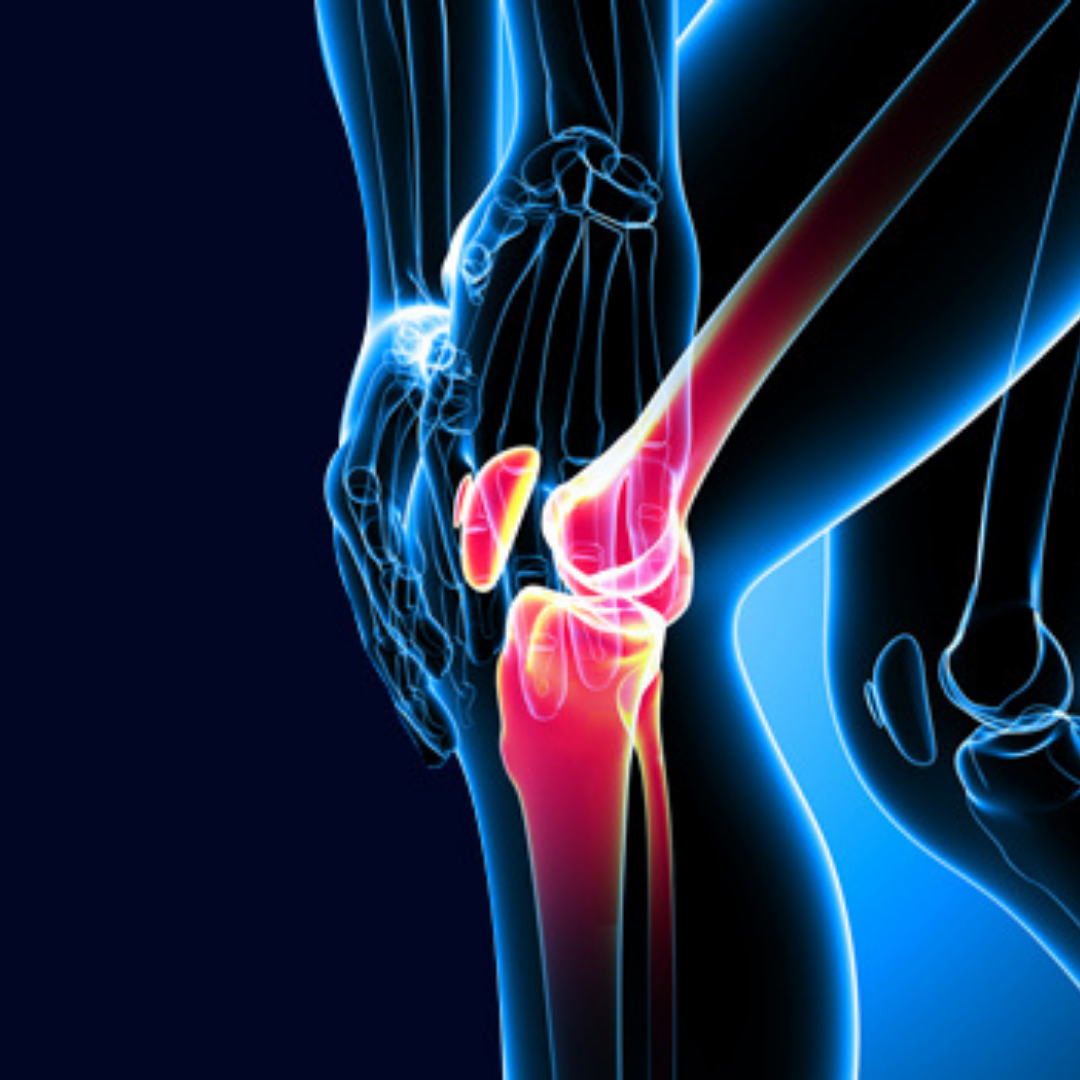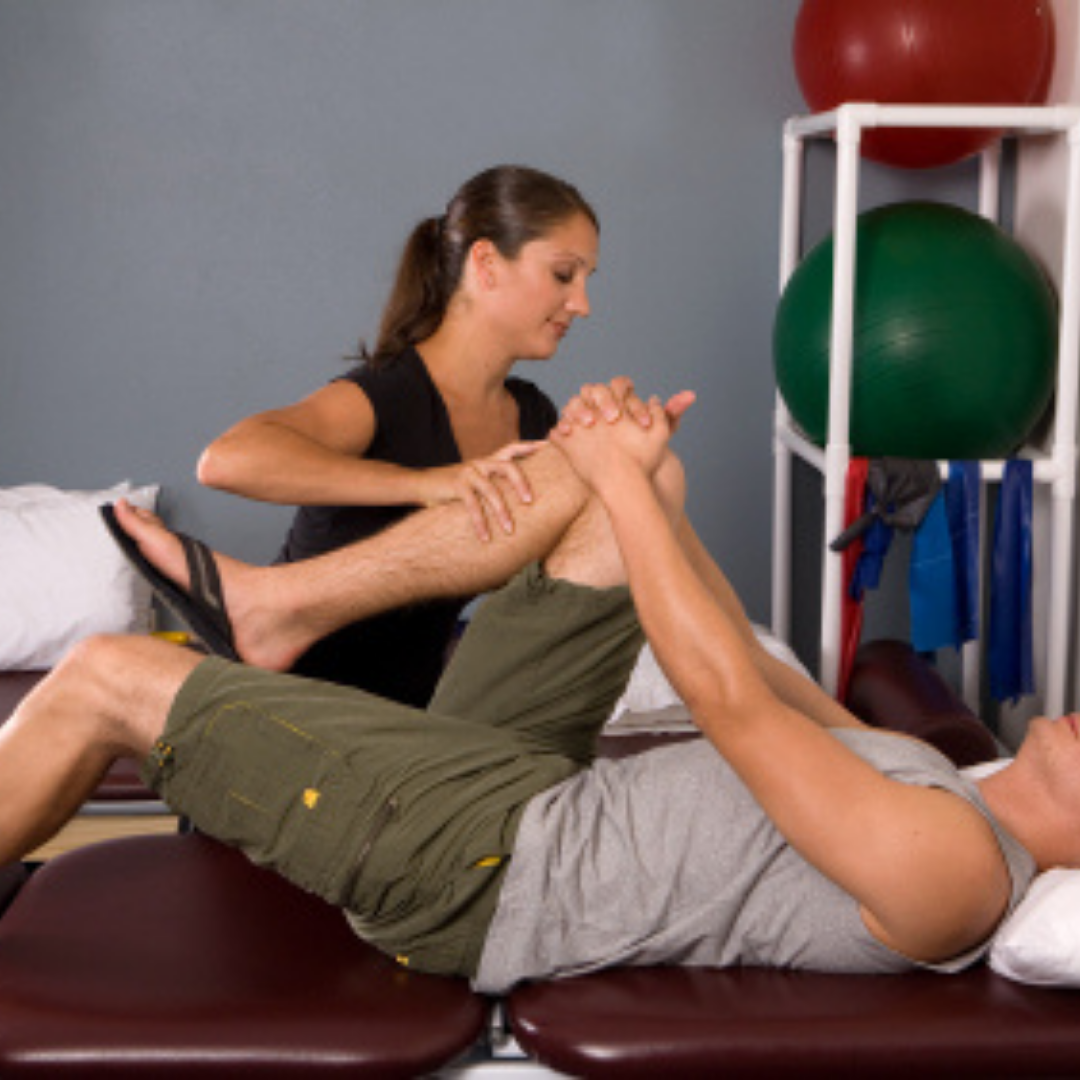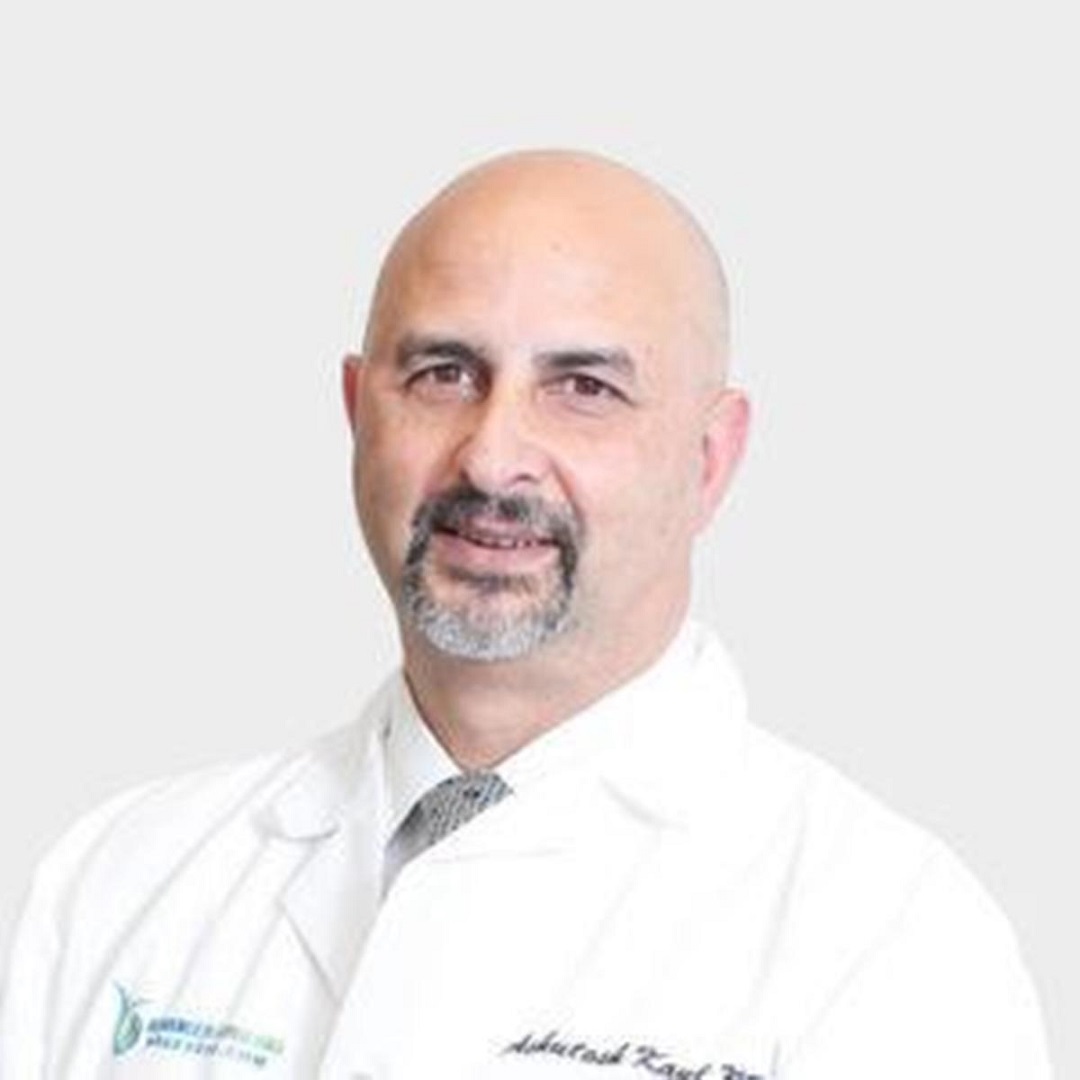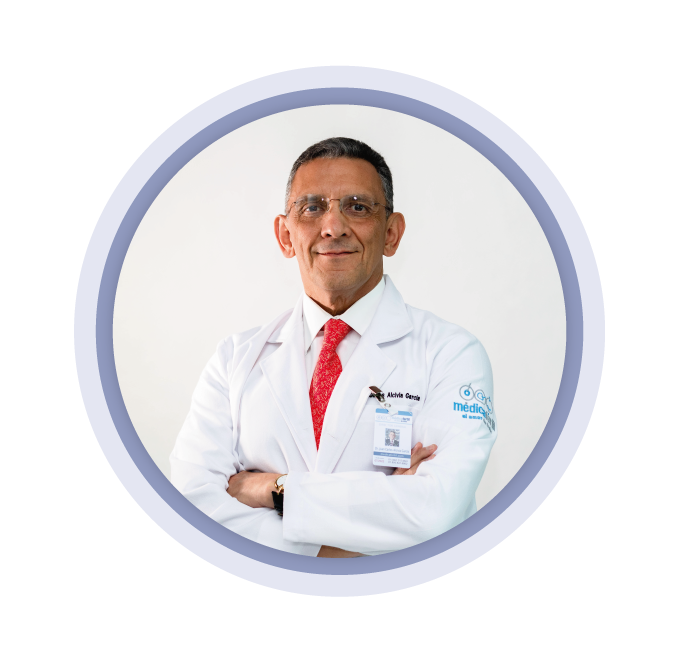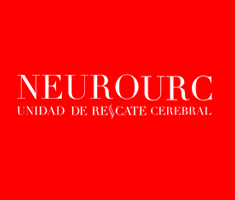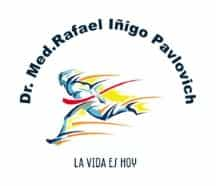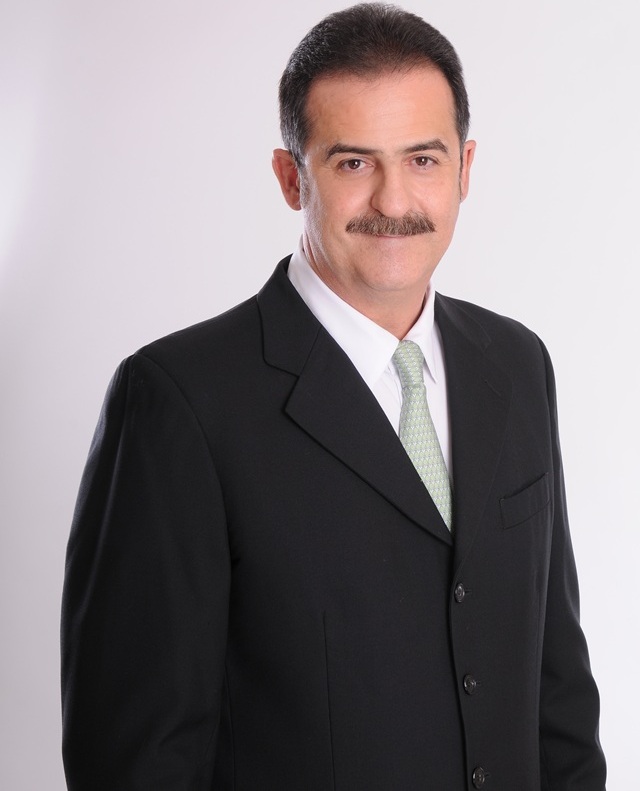New Robotic-Assisted Knee Resurfacing Technology for Arthritic Knee
While all the joints in the body are important, and necessary for a full range of motion and mobility, the knee joint is perhaps the most valuable in helping maintain independence. Did you know that by the time you reach 50 years of age, you may have put more mileage on your knee joints that you did your car before you traded it in for a newer model?
.jpg) Unfortunately, we can’t trade in our knees for new ones, but we can benefit from today’s latest in orthopedic technologies. After having transported us roughly 75,000, our knee joints may be vulnerable to arthritis, caused by gradual wearing care of the joint structures.
Unfortunately, we can’t trade in our knees for new ones, but we can benefit from today’s latest in orthopedic technologies. After having transported us roughly 75,000, our knee joints may be vulnerable to arthritis, caused by gradual wearing care of the joint structures.
Degenerative knee arthritis is not only painful, but severely limits range of motion, mobility, and quality of life. However, numerous options and treatments are available for individuals diagnosed with a knee arthritis, including passive and active exercises, medication, and surgical treatments. One of the newest surgical treatments available for treating arthritic knee pain is robotic arm assisted partial knee resurfacing.

Robotic Surgery Offers Increased Mobility
Robotic arm assisted MAKOplasty® partial knee resurfacing procedures focus on relieving pain caused by osteoarthritis, which causes degeneration of the joint. This procedure spares the healthy ligaments and bone around the damaged areas of the joint, while giving the surgeon more control when resurfacing damaged portions of the knee. Partial knee resurfacing procedures utilizing MAKOplasty for implants also provides optimal positioning for those implants, as well as for those opting for a partial or total knee replacement procedure.
MAKOplasty robotic arm assisted technology enables surgeons to make a smaller incision (four to 6 inches in length) over the knee joint, with additional small incisions in the tibia and femur (upper shinbone and lower femur respectively). Smaller incisions lead to less tissue damage, faster healing, and reduced pain. Unlike other procedures, those undergoing a MAKOplasty partial knee resurfacing procedure may, in the future, still be a viable candidate for a total knee replacement - if necessary.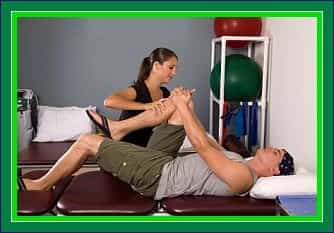
Robotic assisted MAKOplasty partial knee resurfacing procedures are ideal for those diagnosed with uni-or bilateral osteoarthritis and other joint diseased. Osteoarthritis causes a breakdown of the protein substances in cartilage, a squishy substance that literally cushions bone joints, preventing them from rubbing against each other.
Osteoarthritis is mostly caused by wear and tear due to age, but other contributing factors may increase the risk of someone developing osteoarthritis in the future, including repetitive knee strain, previous knee injuries, being overweight or obese, or activities such as sports, exercise, or a profession that creates repeated stress on the knee joints.

Robotic Knee Surgery offers Long-term Benefits
Optimal for adult patients with early to mid-stage osteoarthritis in the medial, lateral, or patellofemoral (inner, outer, or top, respectively) compartments of the knee, robotic arm interactive orthopedic surgery enables precision in resurfacing damaged joint areas, preserving surrounding tissues and bone, in turn promoting faster healing and recovery.
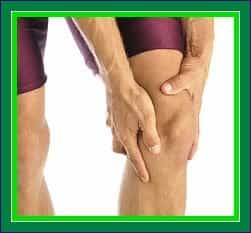 Improved surgical outcomes, reduced blood loss, reduced hospitalization time, and more rapid recovery are just a few of the benefits of MAKOplasty partial knee resurfacing procedures utilizing the robotic arm interactive orthopedic system with three dimensional pre-surgical planning. This technology gives surgeons tactile, auditory and real-time visual feedback in order to achieve optimal joint resurfacing results and positioning of implants, enhancing more natural knee motion, mobility and range of motion post- surgery.
Improved surgical outcomes, reduced blood loss, reduced hospitalization time, and more rapid recovery are just a few of the benefits of MAKOplasty partial knee resurfacing procedures utilizing the robotic arm interactive orthopedic system with three dimensional pre-surgical planning. This technology gives surgeons tactile, auditory and real-time visual feedback in order to achieve optimal joint resurfacing results and positioning of implants, enhancing more natural knee motion, mobility and range of motion post- surgery.
Depending on case scenario, MAKOplasty can be performed on an inpatient or outpatient basis, and hospital stays average between one and three days. The lifespan and durability of a MAKOplasty implant depends on individual factors, including a patient's activity levels, weight, and quality of bone.

For more information regarding MAKOplasty knee resurfacing or implantation procedures, knee surgeries and treatment technologies for bone disease and conditions like osteoarthritis, visit PlacidWay.com, an international medical resource and provider located in Denver, Colorado.

.jpg)



